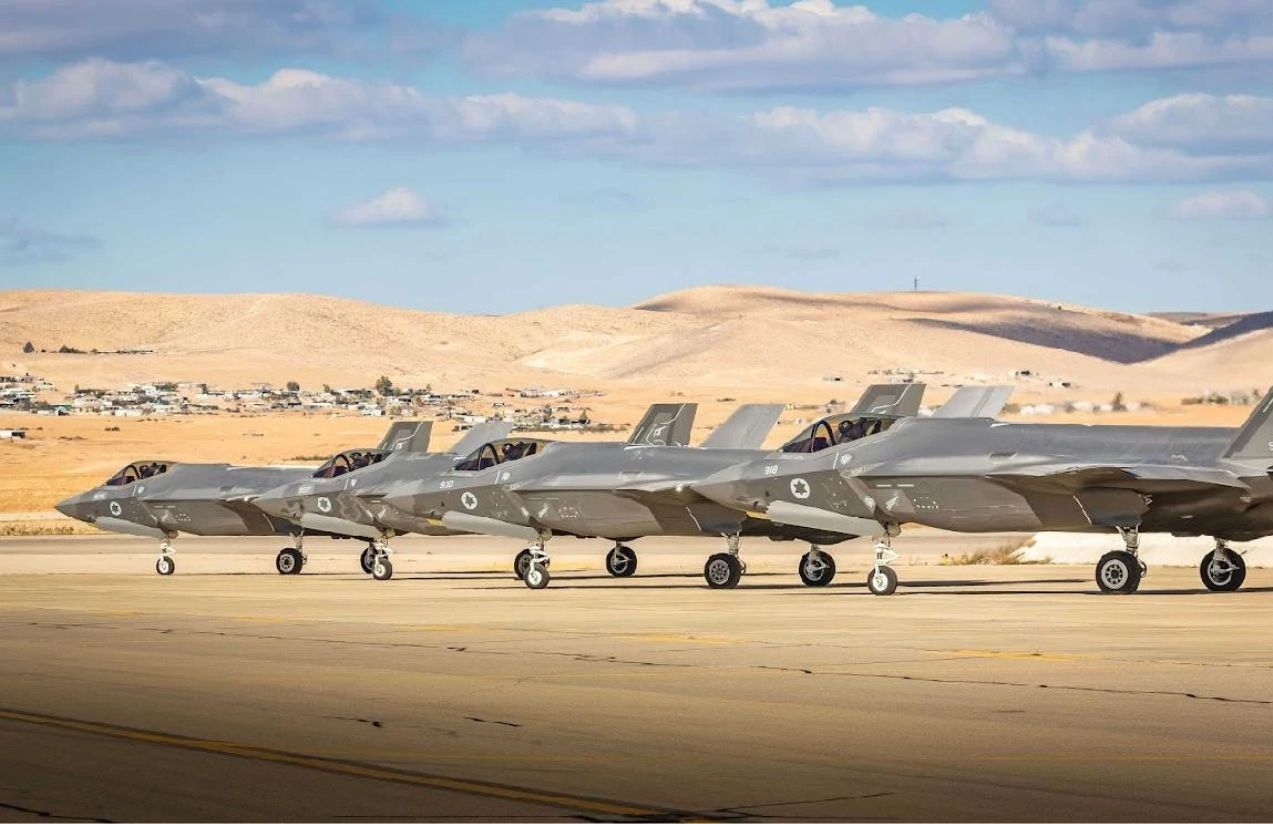The Israeli Defense Forces (IDF) announced on Saturday that they had seized control of the airspace stretching from western Iran to Tehran, in a military operation that marks a turning point in the escalating tensions between the two nations. According to Brigadier General Effie Defrin, more than 70 Israeli Air Force fighter jets took part in the overnight strike on the Iranian capital, which he described as the deepest incursion into Iranian territory by Israeli aviation to date.
During the operation, which lasted approximately two and a half hours, at least 40 strategic targets were hit, including air defense systems and other key assets. “Dozens of aircraft flew freely over Tehran thanks to the initial strike that neutralized Iran’s air defense systems,” Defrin stated, adding, “Tehran is no longer an invulnerable stronghold. The capital is now exposed to our attacks.”
The Israeli offensive has had immediate diplomatic repercussions. The Iranian regime declared that, following the airstrikes, there is no longer any basis to continue talks with the United States regarding the Islamic Republic’s nuclear program. Iranian Foreign Ministry spokesperson Esmail Baqaei said, “The other side has done something that has rendered dialogue meaningless.”
In remarks to the Tehran Times, Baqaei accused Washington of direct complicity in the assault. “You can’t claim to be negotiating while simultaneously dividing responsibilities and allowing a genocidal regime to violate Iran’s territorial integrity,” he said, referring to what Tehran claims was U.S. President Donald Trump’s full knowledge and approval of the Israeli operation.
The spokesman described the strike as a “crime that crosses all boundaries” and said it was “inconceivable” that Israel could have carried out such an attack without U.S. consent. Nevertheless, he noted that Iran’s final decision regarding the talks would be made on Sunday. “It’s clear that Israel aimed to sabotage the diplomatic process. Its longstanding goal has been to drag Western powers into the regional conflict, and it appears to have succeeded this time,” he stated.
The offensive also impacted regional diplomatic efforts. Until Thursday, Oman had positioned itself to host a fifth round of indirect negotiations between Iran and the U.S., as announced by Omani Foreign Minister Badr al Busaidi. However, since the Israeli strike, Muscat has remained silent on the status of those talks.
Al Busaidi strongly condemned the Israeli military action, calling it “illegal, unjustifiable, and a serious threat to regional stability.” In a post on his official X account, the diplomat urged the international community to “reject the Israeli aggression and unite in support of de-escalation and diplomacy with one voice.”
Although Tehran has not officially confirmed whether it will attend Sunday’s planned talks with the U.S., it is increasingly clear that the Israeli attack has drastically altered the already fragile diplomatic balance in the region.

